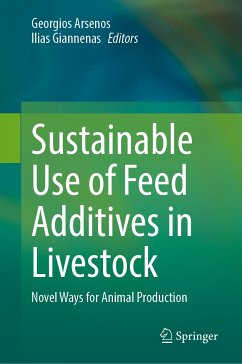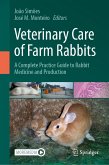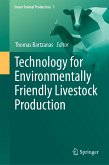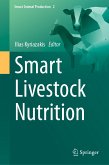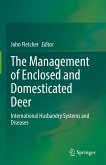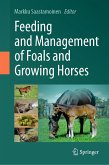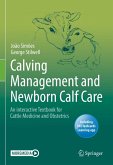Readers will explore the potential of feed additives to tackle environmental issues. Practical examples include the use of local feedstuffs in combination with herbal additives and enzymes. Emphasis is placed on the consequences of using local feed sources versus imported feedstuffs on global warming potential, primary energy use, nutrient excretion and the feed additive influence on lessening the pollution from animal operations. The results presented will support realization of the Sustainable Development Goals, in particular SDG 12 which stands for Responsible Consumption and Production worldwide.
The use of novel and different feed additives can be an important tool to enhance sustainability, support productivity, and match increased food demands around the globe. Animal production depends on feed efficiency to sustain growth and profitability. Along these lines, the present volume is an essential reading for all future-oriented veterinarians, animal nutritionists, agricultural scientists, and moreover the feed, food and plant industry.
Dieser Download kann aus rechtlichen Gründen nur mit Rechnungsadresse in A, B, BG, CY, CZ, D, DK, EW, E, FIN, F, GR, HR, H, IRL, I, LT, L, LR, M, NL, PL, P, R, S, SLO, SK ausgeliefert werden.

